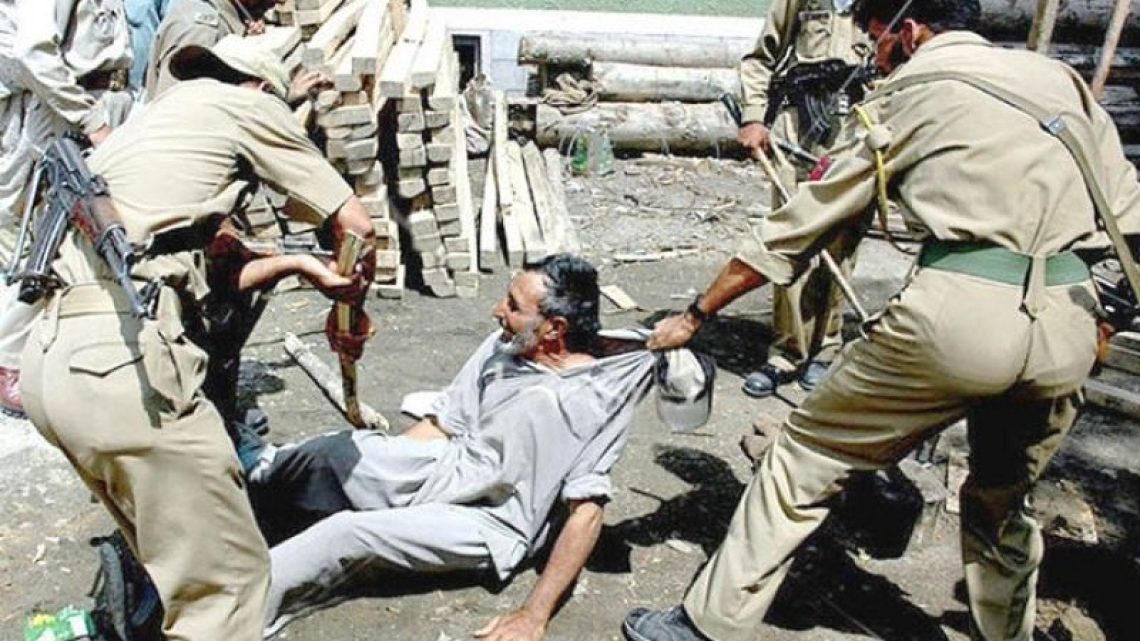
Human Rights Violations Persist in Occupied Jammu and Kashmir Under Hindutva Rule
April 1, 2024Since August 5, 2019, the Hindutva-led Indian government’s military and police siege in occupied Jammu and Kashmir continues to wreak havoc on the daily lives of its inhabitants. The reports reveal alarming statistics, indicating blatant violations of international law by the BJP-led Indian authorities in the region.
According to the reports, Indian security forces have martyred 859 Kashmiris, including seventeen women, in fake encounters and extra-judicial killings disguised as cordon and search operations. Many victims were falsely labeled as militants or their associates after being apprehended from their homes, leaving behind widows and orphans.
Furthermore, the reports highlight the arbitrary arrest of at least 23,210 individuals, encompassing Hurriyat leaders, political activists, journalists, and students. Additionally, Indian forces have damaged 1116 houses and structures, and 133 women have been subjected to molestation or disgrace during this period.
The crackdown on press freedom is evident through the recent arrests of prominent Kashmiri journalists such as Irfan Meraj, Asif Sultan, Sajad Gul, and Majid Hydari. Human rights activist Khurram Parvaiz, head of the Kashmir Coalition of Civil Society (JKCCS), remains unlawfully detained in Tihar jail, underscoring the systematic repression of human rights and media freedoms.
Contrastingly, 176 Indian security personnel have reportedly committed suicide since 2019 in the region, reflecting the toll of the conflict on both sides. However, political experts and analysts assert that the BJP’s agenda aims to stifle dissent and silence advocates for human rights, exacerbating the deteriorating situation in the territory post the abrogation of Article 370.
These experts call for global media organizations to intervene and support independent journalism in occupied Jammu and Kashmir, emphasizing the urgent need to address the escalating human rights violations and restore fundamental freedoms in the region.

